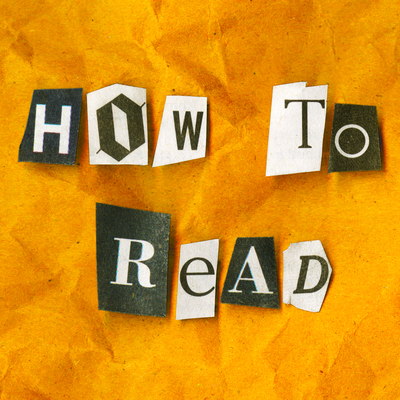We may think of reading and writing as opposite activities, but there’s a long history of people reading with blank books by their side so they could write out their favorite passages as they went. Deidre Lynch is interested in what these homemade books can tell us about the people who filled them up. Like someone’s Pinterest board or Tumblr blog today, these curated collections of words told a story about a person’s individual identity. Beyond that, they could also tell the story of relationships within a social group, with many people contributing extracts to a single book.
Tag: poetry
Chronic pain is pain that lasts for months, years or even a lifetime, and doctors have a hard time understanding it. Not only is it sometimes impossible to cure, but doctors also tend to fixate on bodily pain and not address the ways pain is also psychological and emotional. In fact, Travis Chi Wing Lau argues that this attitude goes back to the ways doctors have been trained since the eighteenth century to observe outer bodily symptoms and discount patients’ subjective experiences. Turning to Travis’s poetry, we discuss why we need poets as well as doctors to understand pain.
It’s difficult to maintain attention when surrounded by distractions. Even if we’re just trying to focus on our own thoughts, distracting words have a way of popping into our head uninvited. David Marno has been studying early Christian thinkers, for whom prayer meant paying attention to God, leading them to worry that distracting thoughts were caused by evil demons. But avoiding these demons of distraction wasn’t the goal for everyone: the poet and preacher John Donne believed that true attention could only emerge out of distractedness, and so wrote poetry that moves readers from distraction to spiritual attention.
When we think about the generation before us, we might feel that their cultural touchstones aren’t relevant today. But Tom Mole argues that the literature of the past only survives because the next generation find new ways to make it relevant. In the Victorian era, new illustrations for the previous generation’s poetry helped update the image of writers like Byron and Wordsworth in ways they couldn’t even have imagined.
We tend to think of literature as something that’s written down. But Martin Puchner is interested in cases where the spoken word precedes, coexists with or even comes after the written word. From Ancient Greece to medieval Mali to Stalinist Russia, he explores why certain literary artists have preferred speech to writing. By understanding why and when these artists relied on speech, Martin argues that we can better appreciate their written works too.
